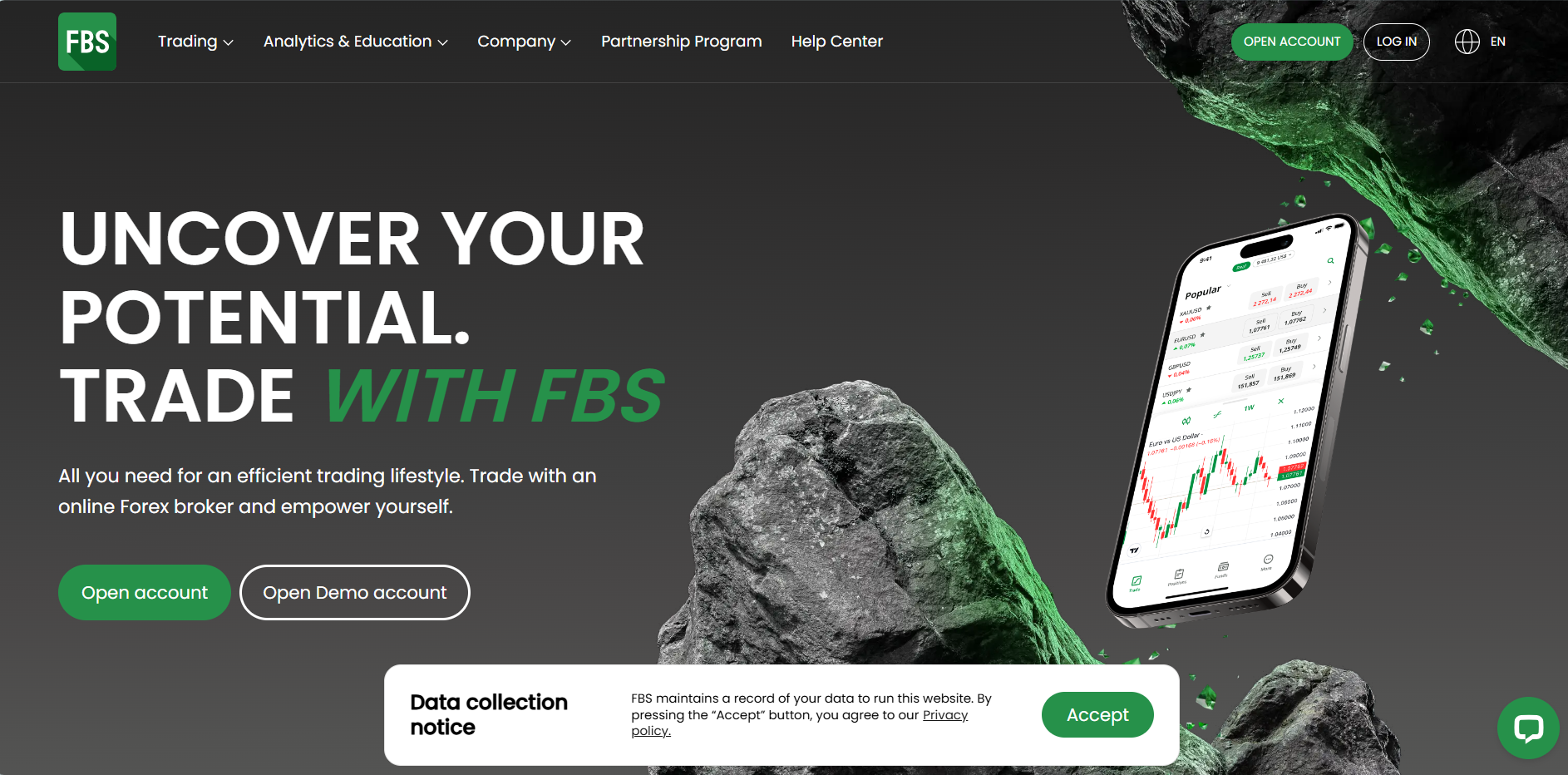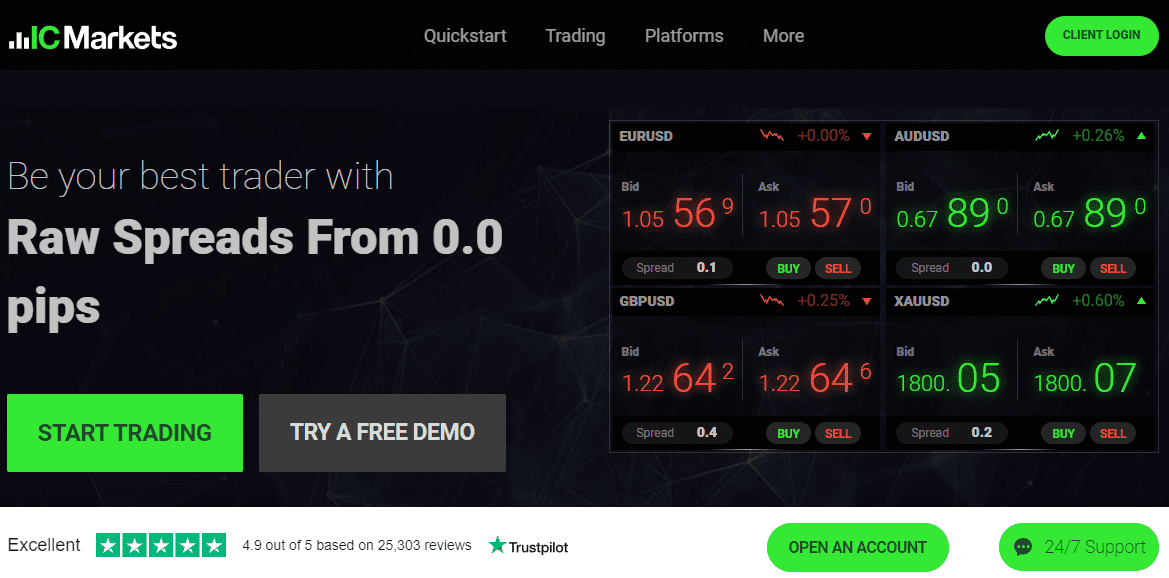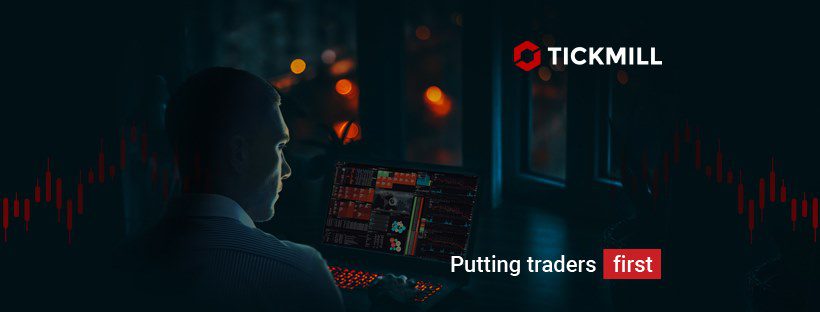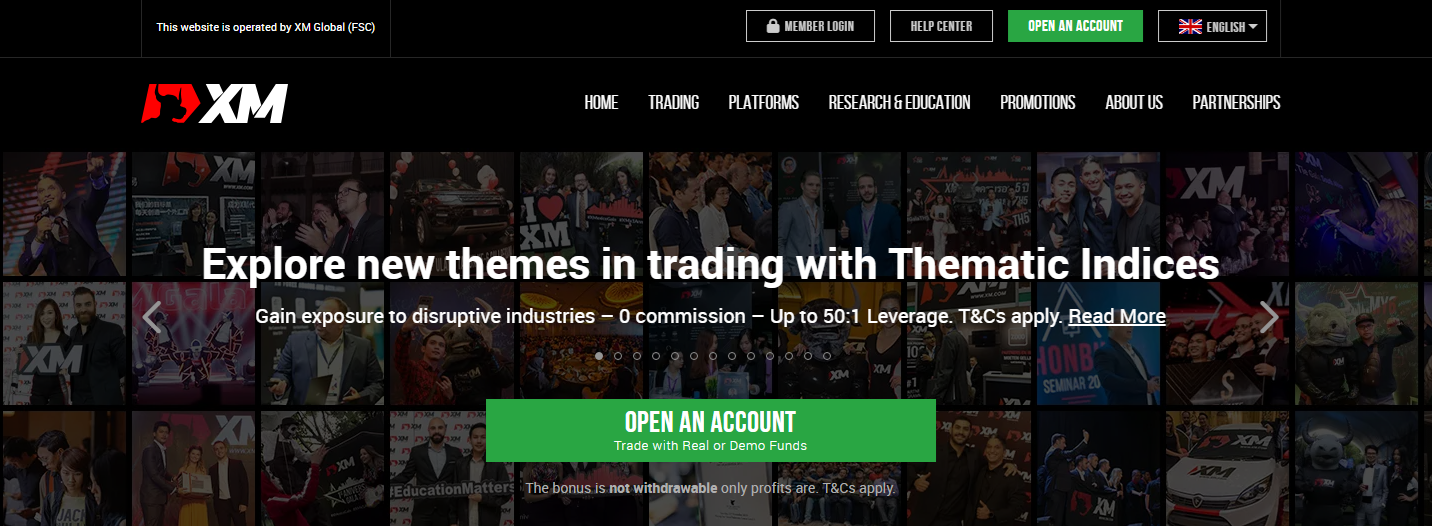Looking for the best forex brokers in New Zealand for 2024? At Asia Forex Mentor, we know how challenging it can be to pick the right forex broker. With plenty of options on the market, each offering different trading platforms, spreads, and support services, it’s hard to know where to start. That’s why we’ve created this quick guide to highlight the top five forex brokers that can help you make informed decisions and find the ideal match for your trading style. Each of these brokers is regulated by the Financial Markets Authority, ensuring safe and compliant options for both new and seasoned forex traders in New Zealand.
From forex trading platforms with advanced charting tools to trading accounts with flexible funding options, these forex brokers are suited to the needs of New Zealand’s traders. Whether you’re interested in competitive spreads, varied trading instruments, or user-friendly interfaces, these brokers have it all. We’ll introduce you to the top choices, so you can select the best forex broker for your goals without the hassle of sifting through every provider out there.
Why Choosing the Right Forex Broker in New Zealand Matters
Choosing the right forex broker in New Zealand is about making sure that you have the right tools, support, and security to make confident trading decisions. With so many options available, understanding what to look for can make all the difference, especially for beginner traders or anyone looking to keep trading costs in check.
Here are some essential factors to consider:
- Regulation: Make sure your broker is regulated by the Financial Markets Authority (FMA). This adds a layer of security, ensuring your retail investor accounts are protected and that the broker operates transparently.
- Trading Platforms: Look for a broker with a reliable and user-friendly forex trading platform. It should offer tools for both beginner and experienced traders, as well as efficient order execution for a smoother trading experience.
- Range of Trading Instruments: Choose a broker that provides access to a variety of trading instruments beyond major forex pairs. This lets you diversify into assets like commodities, indices, or trading CFDs.
- Risk Management Tools: Good brokers offer tools like stop-loss and limit orders to help manage potential losses, crucial for both new and experienced traders.
- Transparent Costs: Look for brokers with clear and fair trading costs, including low spreads and commissions, as these can impact your profitability over time.
- Account Options and Customer Support: Make sure they offer a trading account type that fits your style and needs, with responsive customer support ready to help when you need it.
The 5 Best Forex Brokers in New Zealand
#1. Pepperstone: Best Overall for Traders in New Zealand
What is Pepperstone?
Pepperstone is a leading forex broker known for its competitive spreads, advanced trading platforms, and strong regulatory oversight. Established in 2010, Pepperstone is regulated by the Australian Securities and Investments Commission (ASIC) and the Financial Conduct Authority (FCA), ensuring a secure trading environment. The broker offers access to MetaTrader 4, MetaTrader 5, and cTrader, catering to both novice and experienced traders. Its commitment to low-latency execution and a wide range of trading instruments makes it a top choice for traders in New Zealand.
Advantages and Disadvantages of Pepperstone
Pepperstone Fees and Commissions
Pepperstone provides competitive pricing with spreads starting from 0.0 pips on major currency pairs. The Razor Account charges a commission of AUD $7 per standard lot round turn, while the Standard Account has no commission but slightly higher spreads. There are no inactivity fees, and deposits and withdrawals are generally free, making it cost-effective for traders.
OPEN AN ACCOUNT NOW WITH PEPPERSTONE AND GET YOUR WELCOME BONUS
#2. FBS
What is FBS?
FBS is a global forex broker offering a variety of account types to suit different trading styles. Regulated by the International Financial Services Commission (IFSC) and the Cyprus Securities and Exchange Commission (CySEC), FBS provides access to MetaTrader 4 and MetaTrader 5 platforms. With features like high leverage options and various promotional bonuses, FBS appeals to both beginners and seasoned traders.
Advantages and Disadvantages of FBS
FBS Fees and Commissions
FBS offers tight spreads starting from 0.0 pips on its ECN account, with a commission of $6 per lot. Standard accounts have no commission but feature higher spreads. The broker also provides swap-free accounts for traders adhering to Islamic principles.
OPEN AN ACCOUNT NOW WITH FBS AND GET YOUR WELCOME BONUS
#3. IC Markets
What is IC Markets?
IC Markets is renowned for its low-latency execution and competitive pricing, making it a preferred choice for scalpers and high-frequency traders. Regulated by ASIC and CySEC, IC Markets offers MetaTrader 4, MetaTrader 5, and cTrader platforms. The broker provides a wide range of trading instruments, including forex, commodities, indices, and cryptocurrencies.
Advantages and Disadvantages of IC Markets
IC Markets Fees and Commissions
IC Markets features spreads starting from 0.0 pips on its Raw Spread account, with a commission of $7 per standard lot round turn. The Standard Account has no commission but higher spreads. There are no inactivity fees, and deposits and withdrawals are typically free, enhancing its appeal to cost-conscious traders.
OPEN AN ACCOUNT NOW WITH IC MARKETS AND GET YOUR WELCOME BONUS
#4. Tickmill
What is Tickmill?
Tickmill is a forex and CFD broker known for its low trading costs and fast execution speeds. Regulated by the Financial Conduct Authority (FCA) and CySEC, Tickmill offers the MetaTrader 4 platform and a range of account types to suit different trading needs. The broker provides access to various trading instruments, including forex, indices, commodities, and bonds.
Advantages and Disadvantages of Tickmill
Tickmill Fees and Commissions
Tickmill’s Pro Account offers spreads starting from 0.0 pips with a commission of $4 per standard lot round turn. The Classic Account has no commission but features higher spreads. Tickmill does not charge inactivity fees, and most deposit and withdrawal methods are free of charge, making it a cost-effective option for traders.
OPEN AN ACCOUNT NOW WITH TICKMILL AND GET YOUR WELCOME BONUS
#5. XM
What is XM?
XM is a globally recognized broker offering a wide range of trading instruments and educational resources. Regulated by ASIC, CySEC, and the International Financial Services Commission (IFSC), XM provides access to MetaTrader 4 and MetaTrader 5 platforms. The broker offers various account types, including Micro, Standard, and Zero accounts, catering to different trading preferences.
Advantages and Disadvantages of XM
XM Fees and Commissions
XM’s Zero Account features spreads starting from 0.0 pips with a commission of $7 per standard lot round turn. Other account types have no commission but higher spreads. XM does not charge any fees for deposits or withdrawals, and there are no inactivity fees, making it a trader-friendly option.
OPEN AN ACCOUNT NOW WITH XM AND GET YOUR WELCOME BONUS
How to Get Started with a Forex Broker in New Zealand
Ready to jump into forex trading in New Zealand? Here’s a straightforward guide to help you get started.
Step 1: Choose a Regulated Broker
First things first, pick a broker that’s regulated by the Financial Markets Authority (FMA). This ensures your funds are safe and the broker follows New Zealand’s financial rules. You can check the FMA’s list of licensed brokers on their official website.
Step 2: Open a Trading Account
Once you’ve chosen a broker, head to their website and open a trading account. You’ll need to provide some personal details and verify your identity with documents like a passport or driver’s license.
Step 3: Fund Your Account
After your account is set up, it’s time to deposit funds. Most brokers offer various methods like bank transfers, credit/debit cards, or e-wallets. Choose the one that suits you best.
Step 4: Download the Trading Platform
Next, download the trading platform your broker offers. Popular options include MetaTrader 4 and MetaTrader 5. These platforms provide the tools you need to analyze the market and place trades.
Step 5: Start Trading
With everything set up, you’re ready to start trading. Begin by exploring the platform, practicing with a demo account if available, and then move on to live trading when you feel confident.
Also Read: The 5 Best Forex Brokers in Spain in 2024
Conclusion
Choosing the right forex broker in New Zealand can make a huge difference in your trading experience. With options that offer competitive spreads, reliable trading platforms, and solid regulation from the Financial Markets Authority, you’re set to trade with confidence. The brokers we’ve highlighted provide a range of features, so whether you’re a beginner looking for guidance or an experienced trader seeking advanced tools, there’s something here for everyone. Take the time to review each option and pick the one that best fits your trading goals and style. Happy trading!
FAQs
What should I look for in a forex broker in New Zealand?
Look for a broker regulated by the Financial Markets Authority (FMA), as this adds security to your funds. Also, consider factors like trading fees, available platforms, and customer support to ensure a good fit for your needs.
Are forex brokers regulated in New Zealand?
Yes, reputable forex brokers in New Zealand are regulated by the Financial Markets Authority (FMA), which enforces rules to protect investors and maintain a fair trading environment.
Can I start with a demo account before trading live?
Most brokers offer a demo account that lets you practice trading without real money. This is a great way to get comfortable with the platform and test strategies before going live.








